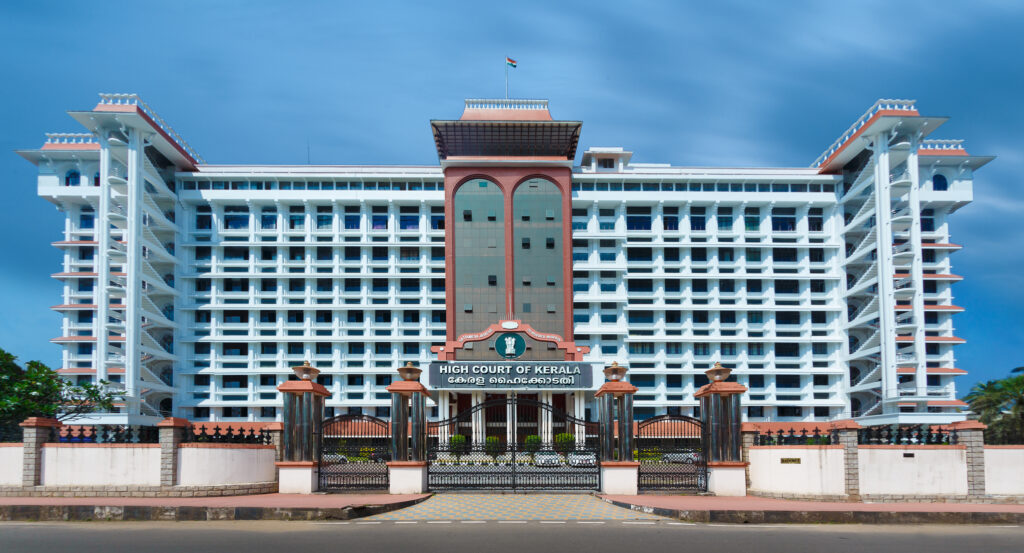The Kerala High Court stated that any action with sexual intent that includes physical contact, even without penetration, is considered sexual assault under the POCSO Act.

The Kerala High Court ruled that any act with sexual intent that involves physical contact, even without penetration, qualifies as sexual assault under the Protection of Children from Sexual Offences Act, 2012 (POCSO Act). This decision came from a Criminal Revision Petition filed by the accused, who challenged a Special Court’s Order under Sections 438 and 442 of the Bharatiya Nagarik Suraksha Sanhita, 2023 (BNSS). Justice A. Badharudeen noted that the law identifies three types of sexual assault, including acts with sexual intent that involve physical contact without penetration, which are also considered sexual assault under Sections 9(f), (m), and 10 of the POCSO Act.
According to the prosecution, the accused, a school teacher, allegedly sexually assaulted a minor student in the first standard. When the victim did not follow his orders, he was reportedly beaten. The accusation states that the teacher took the victim to the staff room and told him to lie on him. When the victim refused, he was struck on the leg, and out of fear of further violence, he complied. The prosecution claimed that the accused committed offenses under Sections 9(f), (m), and 10 of the POCSO Act, as well as Section 23 of the Juvenile Justice (Care and Protection of Children) Act, 2015 (JJ Act).
The High Court instructed the Special Court to determine if the elements of the offenses under the POCSO Act were present to frame charges. Although the Court asked for a review of the evidence to establish charges under Sections 9(f) and (m) in conjunction with Section 10 of the POCSO Act, the accused filed a Petition for discharge from these charges, which was denied. The accused then appealed the Special Court’s Order to the High Court.The High Court observed, “In this case, the accused, who is the victim’s teacher, took him to the staff room and made physical contact by lying the child on top of him while he was also lying on the desk. This shows clear physical contact between the minor and the accused.”
The Court stated that the Special Court should assume the accused’s culpable mental state, as Section 30 of the POCSO Act indicates that in any prosecution under this Act requiring such a mental state, the Special Court will presume its existence. However, the accused can defend themselves by proving they lacked this mental state regarding the charged act. “Thus, the records do not indicate that the offences under Sections 9(f), (m), and 10 of the POCSO Act are not established, at least on a preliminary basis, to frame charges and proceed with the trial. Therefore, the decision to dismiss the discharge plea from the petitioner/accused does not need any changes,” it concluded. As a result, the High Court dismissed the Revision Petition.
Cause Title: Ajith Prasad Edacherry v. State of Kerala (Neutral Citation: 2024:KER:85980)
Appearance:
Petitioner: Advocates Prajit Ratnakaran, Abdul Raoof Pallipath, Rajesh V. Nair, and E. Mohammed Shafi. Respondents: Public Prosecutor Renjit George









